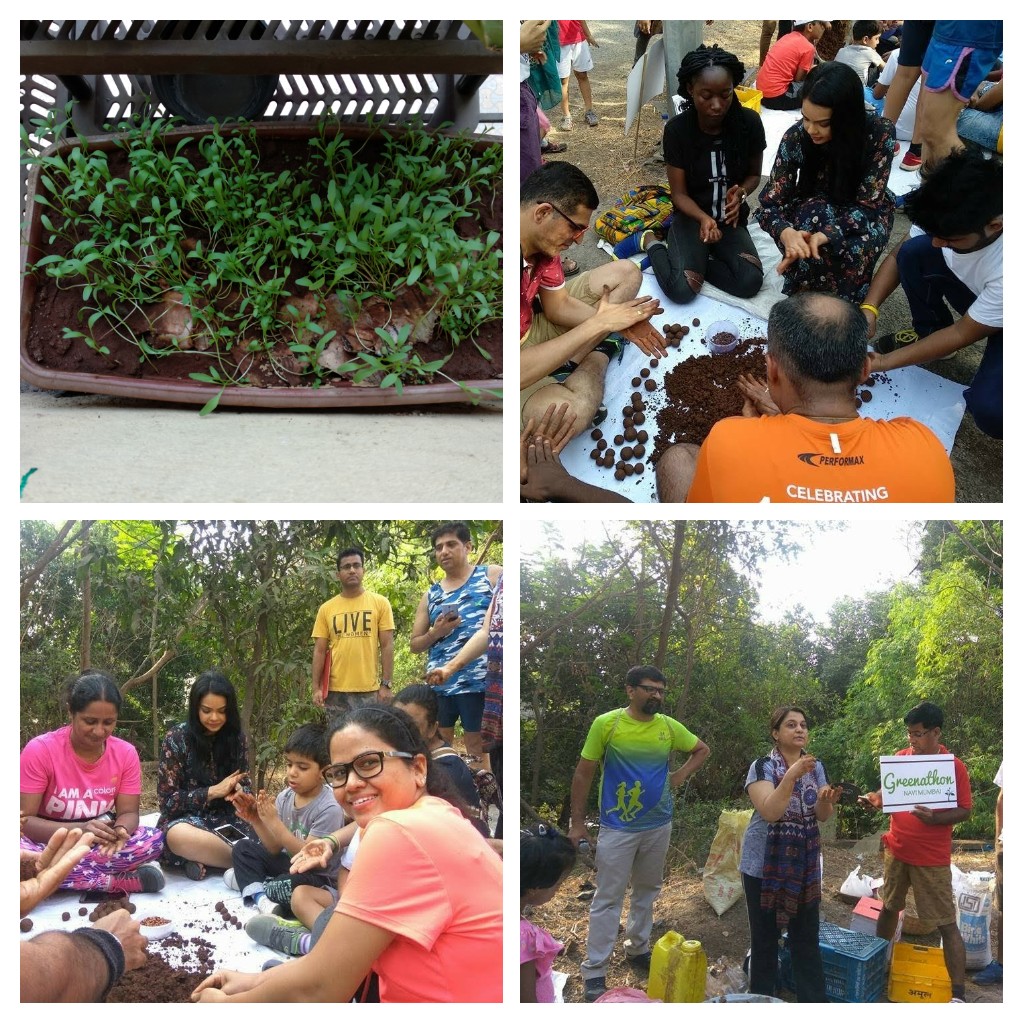When we defecate in the morning, everyone knows where the dump goes – through the pipes, into the gutter.
But what if it doesn’t? What happens when our toilets and sewers gets blocked?
You must be thinking why I am talking about such a filthy and disgusting topic, and how is it even relevant.
In maximum parts of the country the sewage pipes and septic tanks are cleaned by manual scavengers. These are the people who indulge in undignified and unsafe ways of cleaning human excreta from pit latrines, gutters and septic tanks.
I am sure somewhere or the other you would have also seen a person diving in to clean a pile of semi solid waste which reaches chest height. If not, just recall the scene from Slumdog Millionaire where the kid dives in a pot hole full of human waste. Don’t worry my aim is not to make you vomit, but talk about a very serious problem which is never even touched.
These manual scavengers don’t have any protective gear, most of them only wear a pair of khaki shorts while entering, and in the name of equipment all they have is a few metal scrappers and broomsticks.
Not all of us know that this is illegal.
Yes, employing manual scavengers to clean dry toilets was made a punishable offence in 1993 itself, and the act was further modified in 2013 to incorporate pits, latrines and ditches, apart from the dry toilets.
In spite of all these prohibitions, the private contractors hired by municipalities continue to hire manual scavengers to get the job done. This is mostly about tier-I cities. In tier-II & III cities of our country where the apartment culture still hasn’t kicked in completely, the issue of manual scavenging is more clearly visible.
Majority of the single houses from time to time hire people who can clean their septic tanks by literally getting inside them. The unplanned sewage system of the cities becomes problematic for the smooth flow of the human excreta for a longer period of time. The people who hire them and people who work in this field, both are not aware that it’s legal. And in cases where the manual scavengers do know that this practice is illegal, their answer is, “This is all I know, and I have to earn for my family.”
In India 180,657 household indulge in manual scavenging to earn a living, according to Socio Economic Caste Census 2011. The Census of India in 2011 also discovered 794,000 cases of manual scavenging from all across the country.
Sometimes tap water is good enough to make us fall sick, imagine these people working their way in our urine, solid excreta and the toxic gases released from them. Diseases like typhoid, hepatitis and leptospirosis are very common with people working in manholes and gutters. It’s no surprise that their average life span is far lesser compared to individuals outside their profession.
For many scavengers it’s more of a family occupation. They are doing it because their fathers did it too. You cannot afford to overlook the role of caste in this scenario. In most cases people who indulge into manual scavenging come from the so called ‘extremely backward classes’ of the society. Somewhere I read that the percentage is as high as 95%. I am not sure of the authenticity of this data, but certainly it’s a lot if not that much. Refusal from the society has pushed down many and forced them to continue their life in filth even if they wanted it otherwise.
According to the regulations issued by the government, protective measures have to be taken while cleaning manholes. These include safety belts, gloves, first-aid kit at work site and most importantly performing simple tests before entering to ensure that the conditions are safe. But when it comes to implementing these rules, in most cases not even one of them is followed.
With the help of technology we even managed to reach Mars, so there has to be a way to solve this problem mechanically. It’s only a matter of intent, the day government labels it as an ‘actual problem’, it will be taken care of. There is a lot we can do as well.
I see a lot of campaigns and awareness drives to tackle several predominant issues like child labour, trafficking, girl child education, but not one on manual scavenging. And in case there is and I don’t know about it, hats off to the guys who are up for it.
No one wants to get their hands dirty, certainly not as dirty as this and perhaps that is the reason we refrain from talking about it. Spreading awareness is the first step, it may not stop them from working, but it can prevent them from getting exploited, getting exploited by us.
The bottom line is people don’t like talking and sharing dirty and disgusting stuff. Maybe, it’s just how things are and we are.


